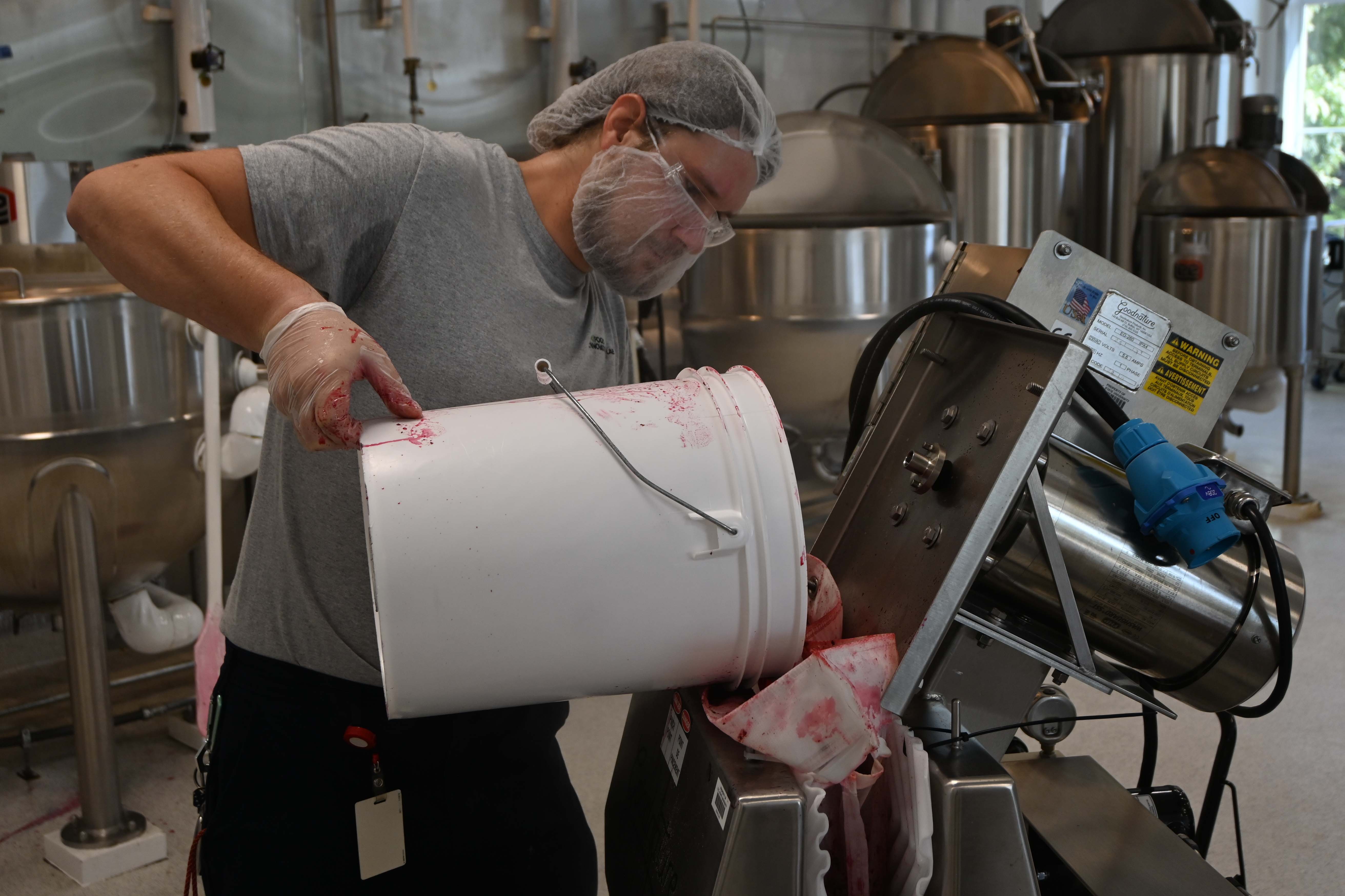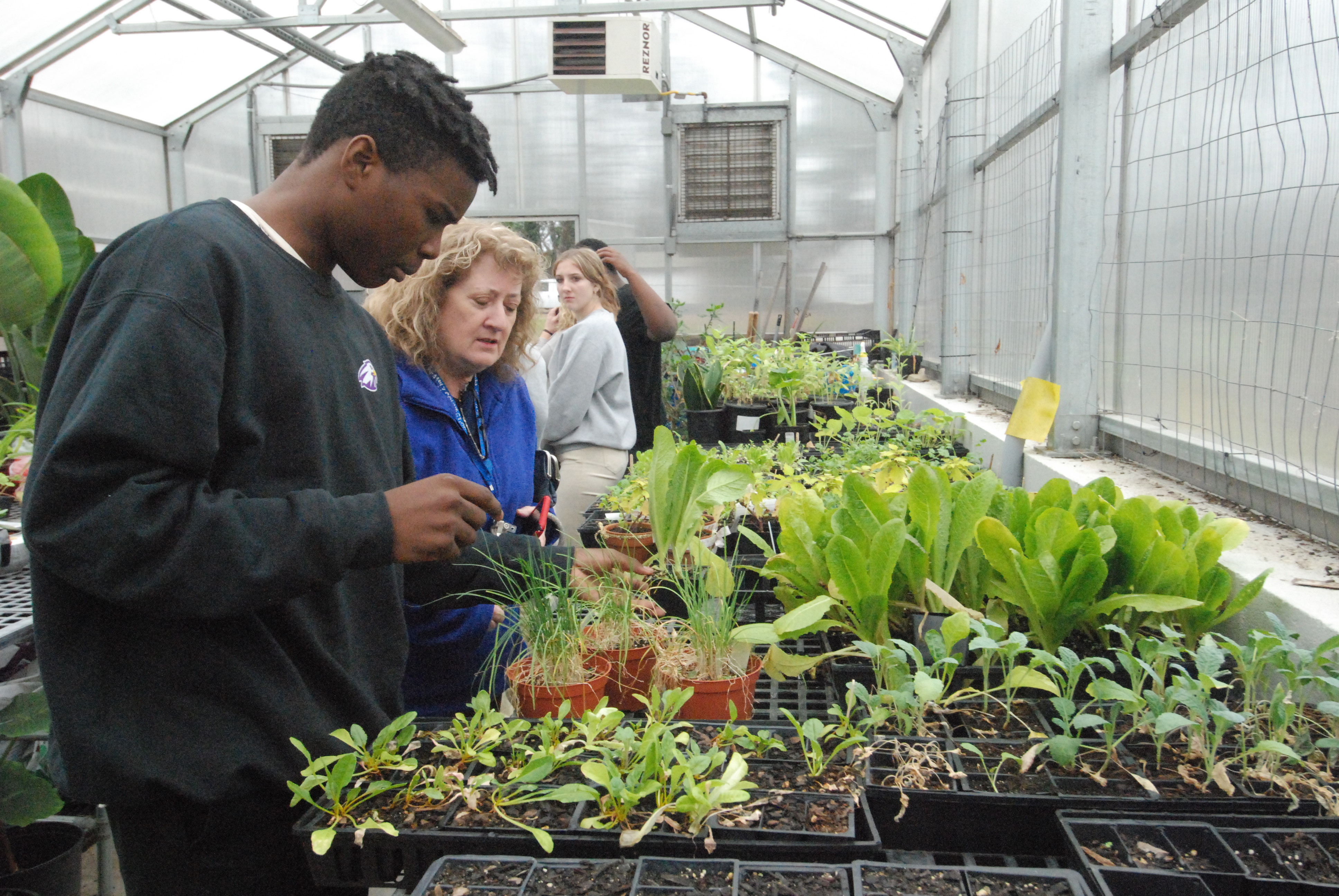Boston schools’ ban on sugary drinks paid off
Published 12:00 am Tuesday, August 9, 2011
Study: Boston schoolsí sugary drinks ban paid off
BOSTON (AP) ó A new study indicates that the Boston public schoolsí ban on sugary drinks has paid off, with high school students drinking less of such beverages even when theyíre not at school.
In 2004, Boston public schools banned the on-campus sale of sugar-sweetened beverages, such as soda, sports drinks and fruit drinks.
The study funded by the Robert Wood Johnson Foundation tracked 9th- through 12th- graders for two years after the ban began. It found sugar-sweetened beverage consumption, inside and outside school, fell from 1.71 average servings per day in 2004 to 1.38 servings in 2006, according to results released Tuesday. Thatís roughly 45 fewer calories daily.
Meanwhile, there was no comparable decrease in teensí sugary drink consumption nationwide, according to the study. Data from the National Health and Nutrition Examination Survey showed teens nationwide drank 1.74 servings of sugary drinks daily in 2003-04, and 1.66 servings in 2005-06 ó a decline that researchers called statistically insignificant.
ěThis study shows that a very simple policy change can have a big impact on student behavior,î said Angie Cradock, a senior research scientist at the Harvard School of Public Health and the study’s lead author. ěIt also shows that when students couldnít get these unhealthy beverages in school, they didnít necessarily buy them elsewhere.î
Researchers surveyed more than 1,000 students at 17 Boston high schools for the study, which defined a serving as one can or glass, with a 20-ounce bottle counting as two servings.
Mayor Thomas Menino has since expanded the ban outside Boston schools to all city property with an executive order issued in April. Under the order, the expanded ban is scheduled to take effect in October.
And just last month, the Massachusetts Public Health Council passed new nutrition standards that take sugary sodas out of schools statewide, and also kick an array of other foods off school property, including those with artificial sweeteners, trans fats and caffeine. The statewide changes go into effect between the 2012-13 and 2013-14 school years.





